When teaching entrepreneurial business models, I have frequently commented on my fascination with what I believe to be the real business model of “American Idol” a popular (although less so now) American television program. Here’s my take on the model:
It’s estimated that around 1% of the American population can sing at the level of the best professionals. That would mean around 3,000,000 people in the US can compete with the top talent. As a music producer, the ideal business model would then be to create a process by which you:
- Screened to identify members of the 1%
- Signed them up with a representative contract that was strongly in your favor before they become famous
- Use your media control and money to make them famous
- Collect your handsome fees, once they are famous
Sound familiar? That’s the American Idol model. Best of all, its use of media is one that fits the most popular current television format, specifically “reality television” where “real people” have “real emotions,” winning and losing contests, with viewer input and control.
The winner of the contest is irrelevant to the producer. What’s relevant is only that 30,000,000 viewers watched for 13 weeks and the brand of each contestant was built over the course of the show. In my most cynical view, even the “special” features like “saves” are designed to extend the exposure time of contestants so as to build as much brand equity as possible in each new potential star.
This is essentially the nature of marketing of consumer products. If you have the money (and essentially the media) to tell people what to buy, they will buy it. It’s why a Hermes 100 inch White Nile Crocodile Himalayan Birkin handbag is valued at $115,000. Really?
Recently, Shark Tank has employed the same model, I suspect without even intending to do so. Most consumer innovations created by aspiring entrepreneurs are destined to failure. Most venture capitalists understand this and therefore are reluctant to invest in the latest consumer product. But, the investor group of Shark Tank has built an admirable record of success. Their own egos could lead them to believe that their selection skill is exemplary, but I would offer another explanation. As in the case of American Idol, Shark Tank uses their marketing muscle, namely their audience of 30,000,000 viewers to build brand equity for the products that they feature on their show. And, as in the case of American Idol, the contracts that they require the entrepreneur to sign before entry into the “reality TV” show, gives the producers equity rights in the company.
Both models, that of American Idol and that of Shark Tank, rely upon the enormous reach of their media and brand to the intended demographic customer.
Currently, I believe that this is a model that can, and will, be exploited by many companies who have both brand equity and media reach to customers. For example, a national supermarket chain can use their customer reach to feature a “New Products” section in which customers vote for new potentially successful food products. If we believe that one tea is really no different than another and that marketing makes the difference, then marketing effort to build new brands can build new product success. But, even better, if the supermarket signs up exclusive distribution rights, or equity rights before allowing the product into its showcase, then all the better.
I see no limit.
About the Author

Bob Caspe is the CEO at the International Entrepreneurship Center (http://iecpartners.com). He has started three companies, has taught thousands of entrepreneurs around the world, and has mentored and taught students at MIT and Babson College.
Download a copy of his book: Entrepreneurial Action at http://caspegroup.com/textbook.php
Bob's personal website: http://caspegroup.com.

